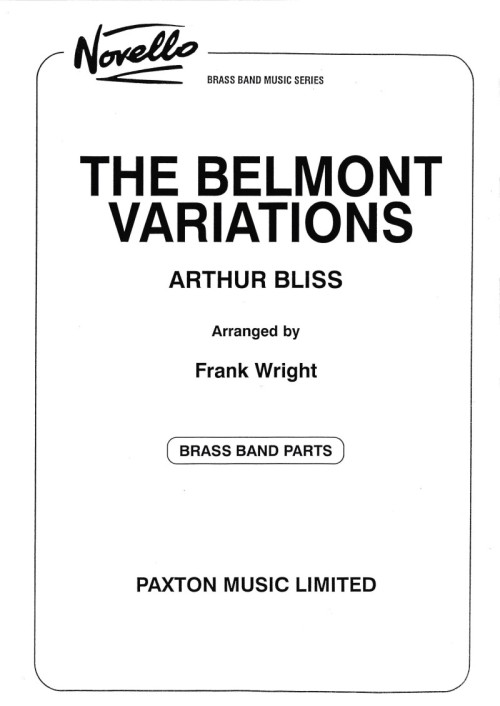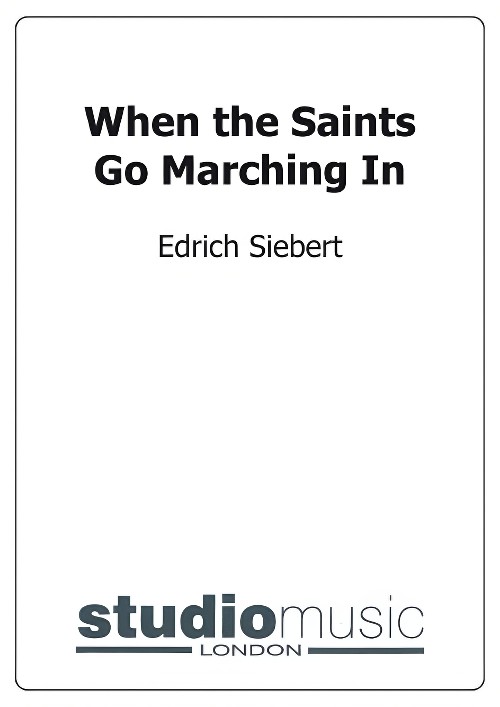Results
-
 £65.00
£65.00LION AND THE ROSE, The (Brass Band) - Wilby, Philip
2017 Butlins Mineworkers Contest Test Piece Third Section.
Estimated dispatch 7-14 working days
-
 £69.95
£69.95MENDIP CELEBRATION (Brass Band - Score and Parts) - Barry, Darrol
4th Section Test Piece
Estimated dispatch 7-14 working days
-
 £32.95
£32.95MENDIP CELEBRATION (Brass Band - Score only) - Barry, Darrol
4th Section Test Piece
Estimated dispatch 7-14 working days
-
 £29.95
£29.95PAGEANTRY (Suite) (Brass Band - Extra Score) - Howells, Herbert
Extra Score only. National Championships of Great Britain Area Test piece 2017 - Championship Section. Recorded on Polyphonic QPRL040D Pageantry
Estimated dispatch 7-14 working days
-
 £59.95
£59.95PAGEANTRY (Suite) (Brass Band Set - Score and Parts) - Howells, Herbert
Score & Parts. National Championships of Great Britain Area Test piece 2017 - Championship Section. Recorded on Polyphonic QPRL040D Pageantry
Estimated dispatch 7-14 working days
-
 £20.00
£20.00SEAFARERS, The (Brass Band Extra Score) - Fraser, Bruce
Extra Score only. 2016 Butlins Mineworkers Contest Test Piece Fourth Section.
Estimated dispatch 7-14 working days
-
 £55.00
£55.00SEAFARERS, The (Brass Band Set) - Fraser, Bruce
2016 Butlins Mineworkers Contest Test Piece Fourth Section.
Estimated dispatch 7-14 working days
-
 £69.95
£69.95Belmont Variations (Brass Band - Score and Parts) - Bliss, Arthur - Wright, Frank
2nd Section Test PieceRecorded on Polyphonic QPRL041D Variations
Estimated dispatch 7-14 working days
-
 £24.95
£24.95When the Saints Go Marching In (Brass Band Set) - Siebert, Edrich
This is the first piece ever published by Studio Music. Expertly arranged by Edrich Siebert, this work has stood the test of time. A great standard for any library.
Estimated dispatch 7-14 working days
-
 £69.99
£69.99Triumphal Brass - Jan de Haan
This exciting and energetic composition calls on all members of the band to try their best to make the audience jump out of their seats when they hear the fi rst notes. Jan de Haan's elaboration of two main themes lets the musicians present themselves as truly Triumphal Brass! The work was written as a test piece for the concert program in the Flemish Open Brass Band Championships 2010.
Estimated dispatch 5-14 working days
